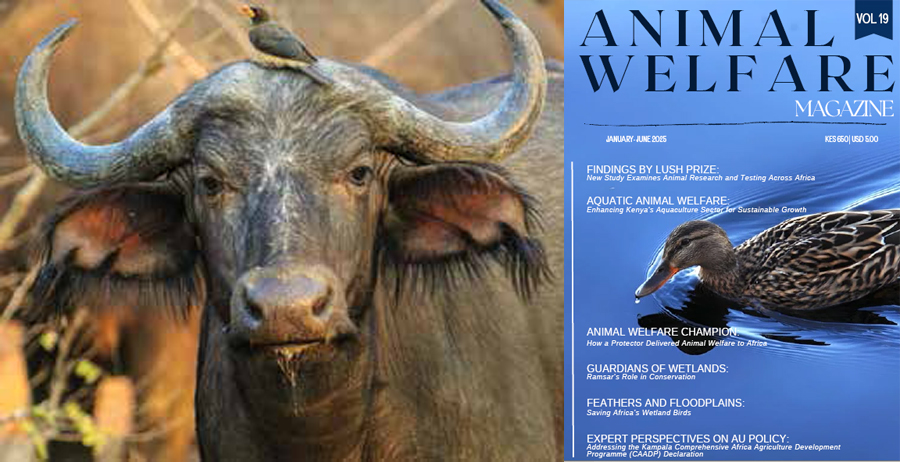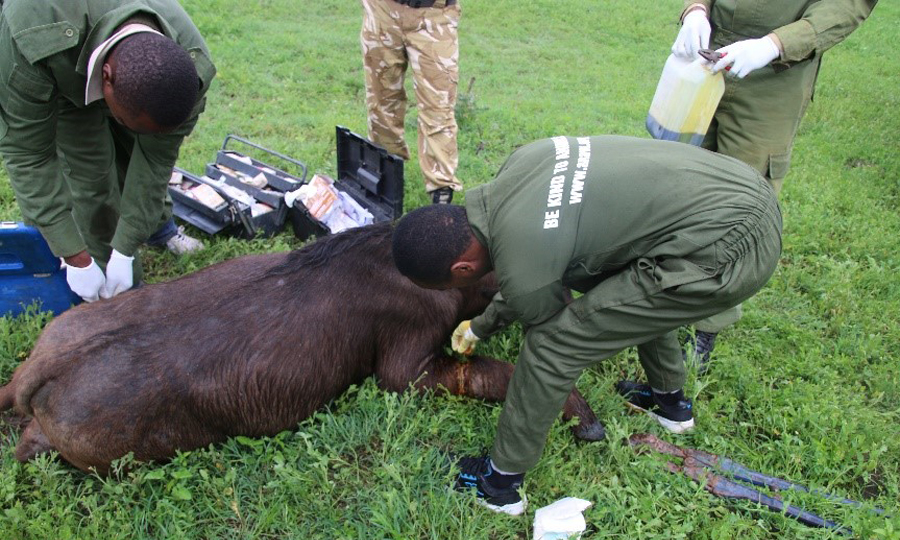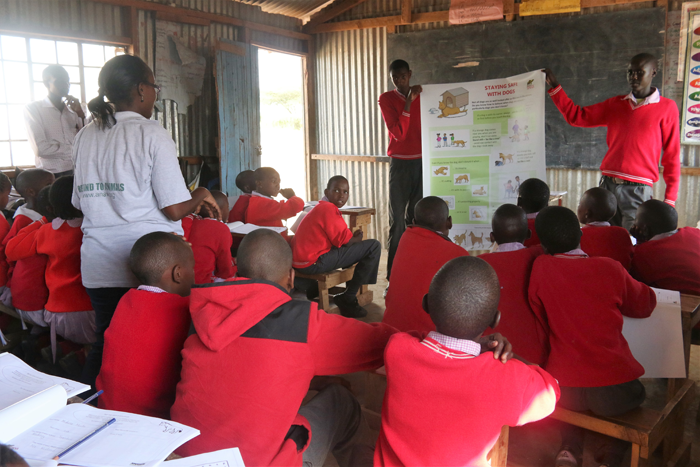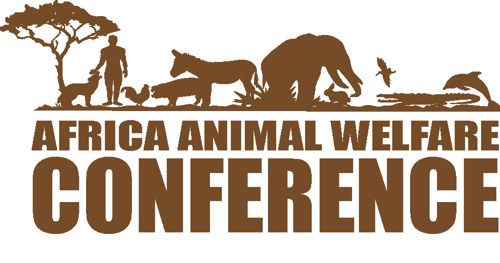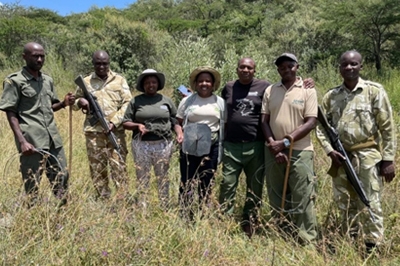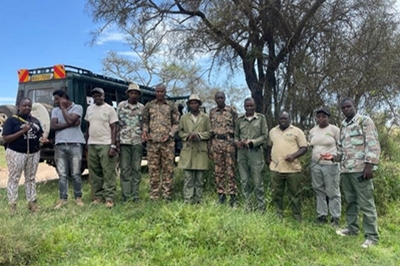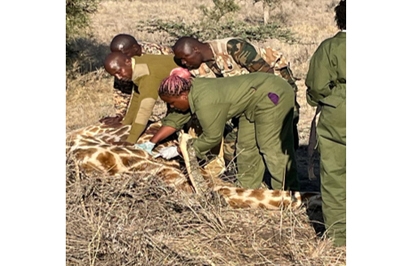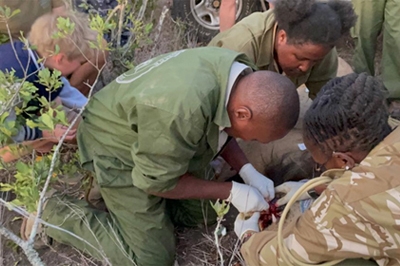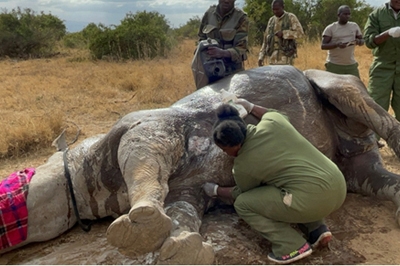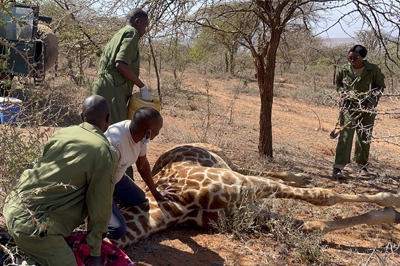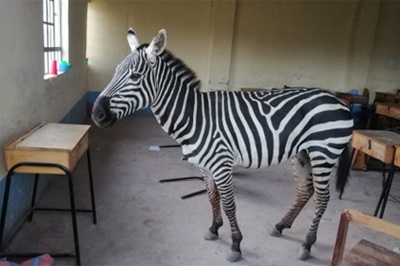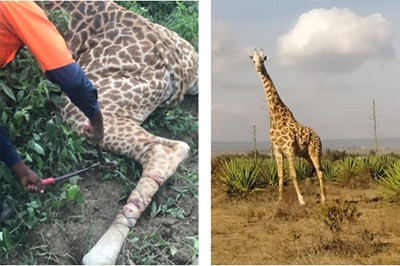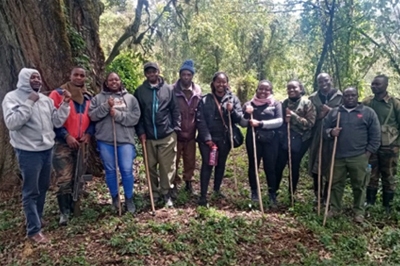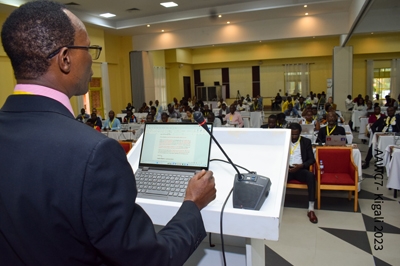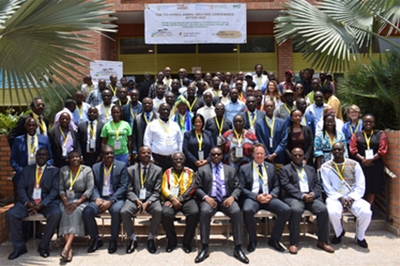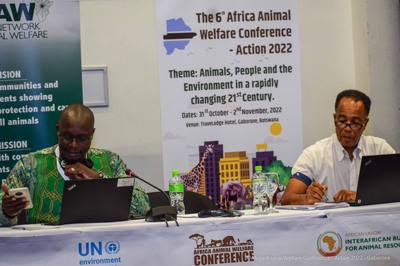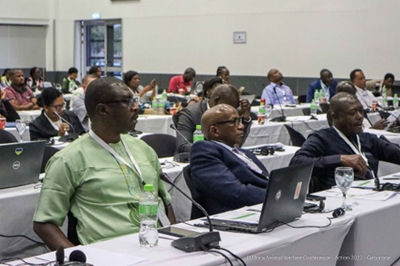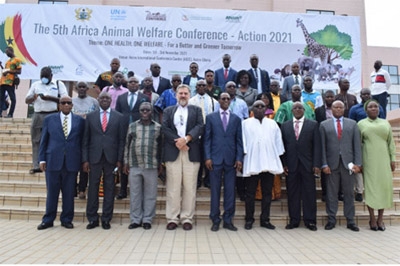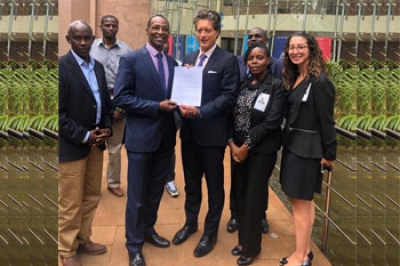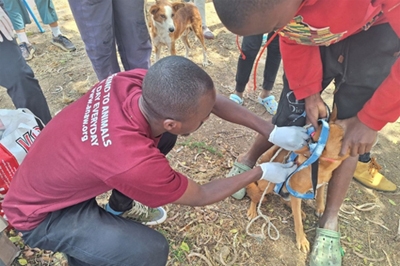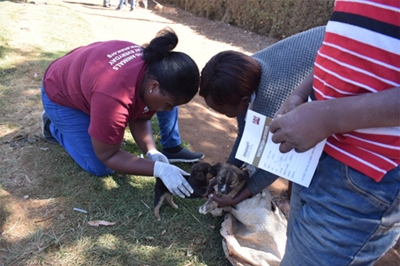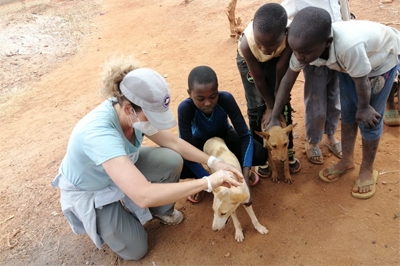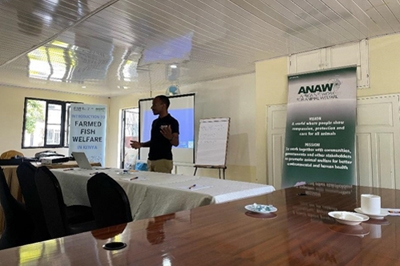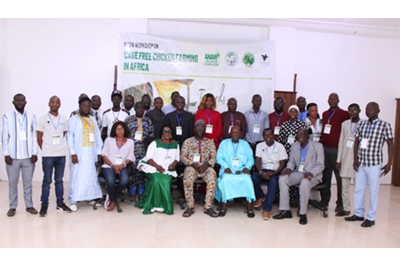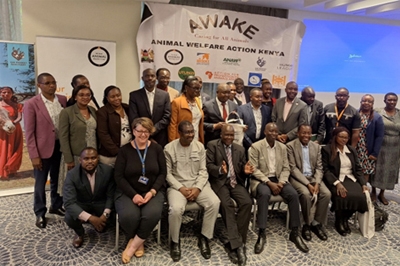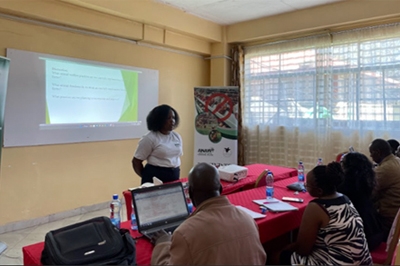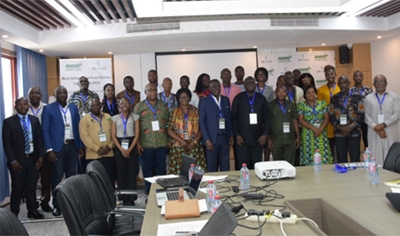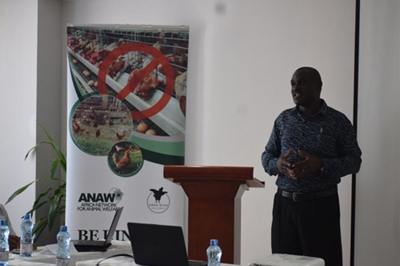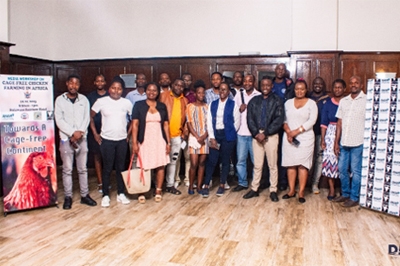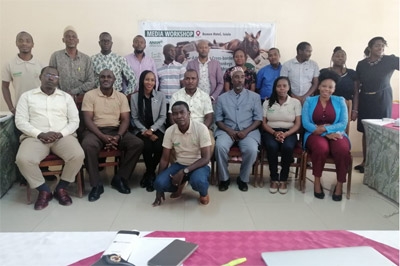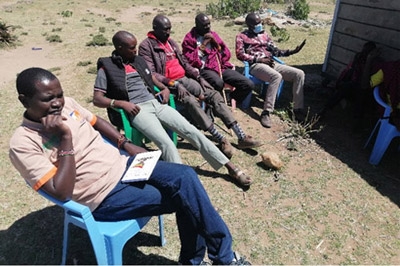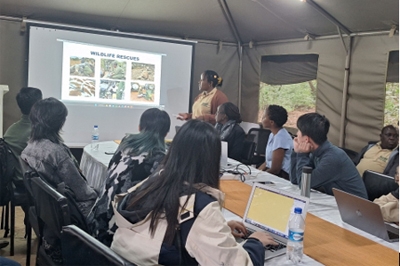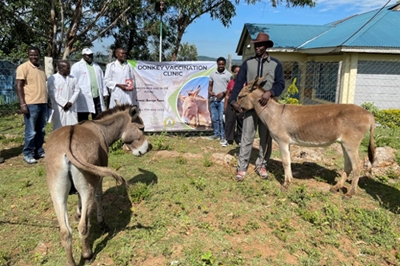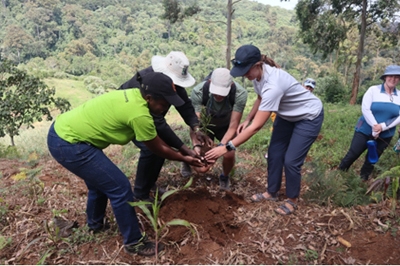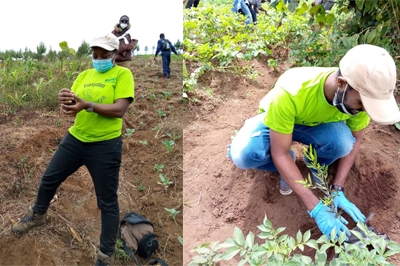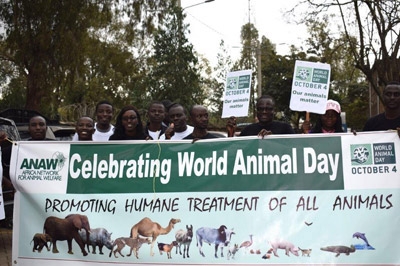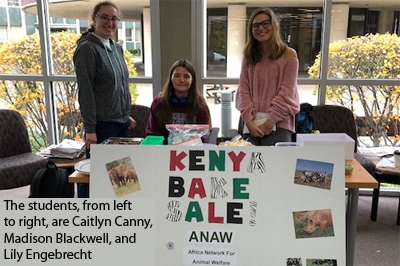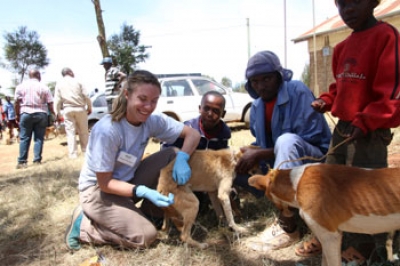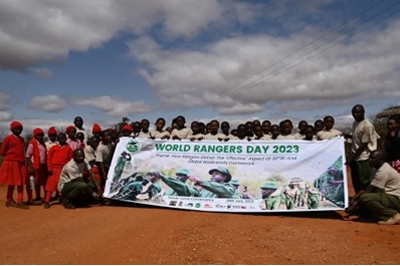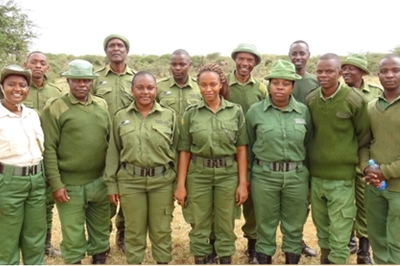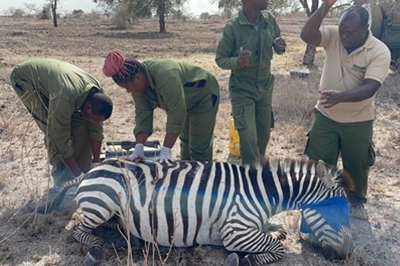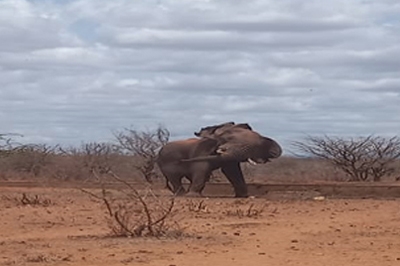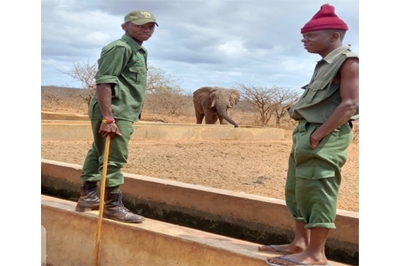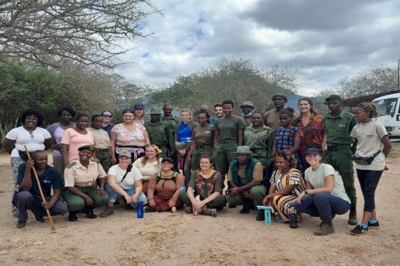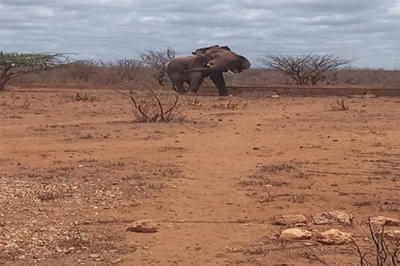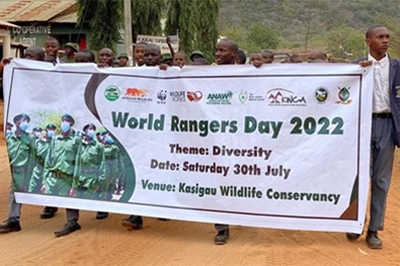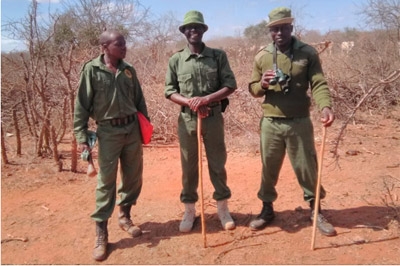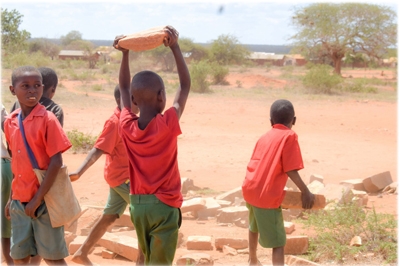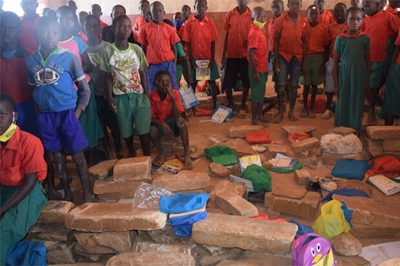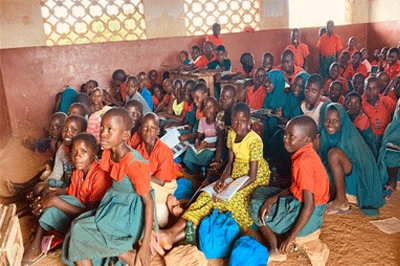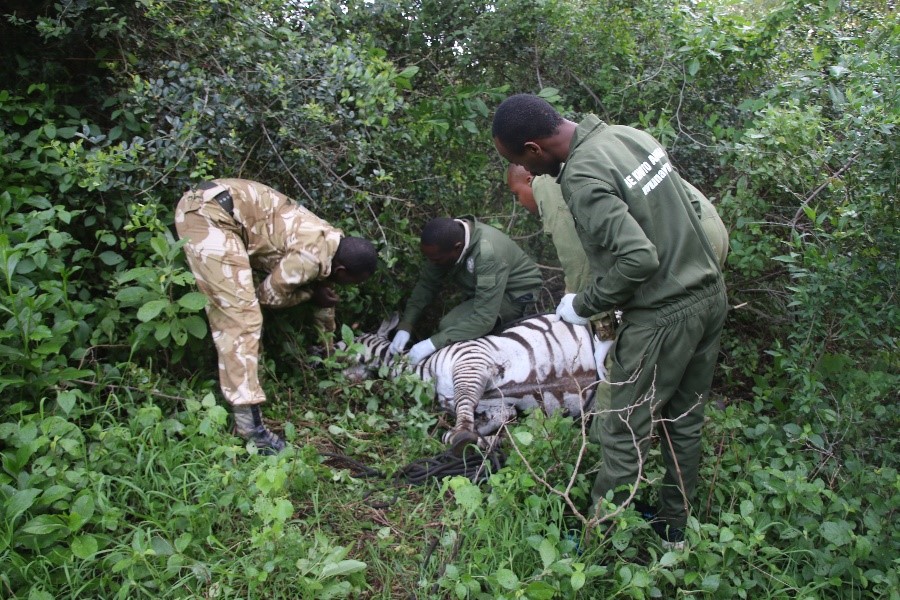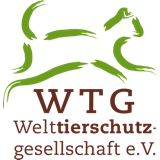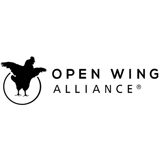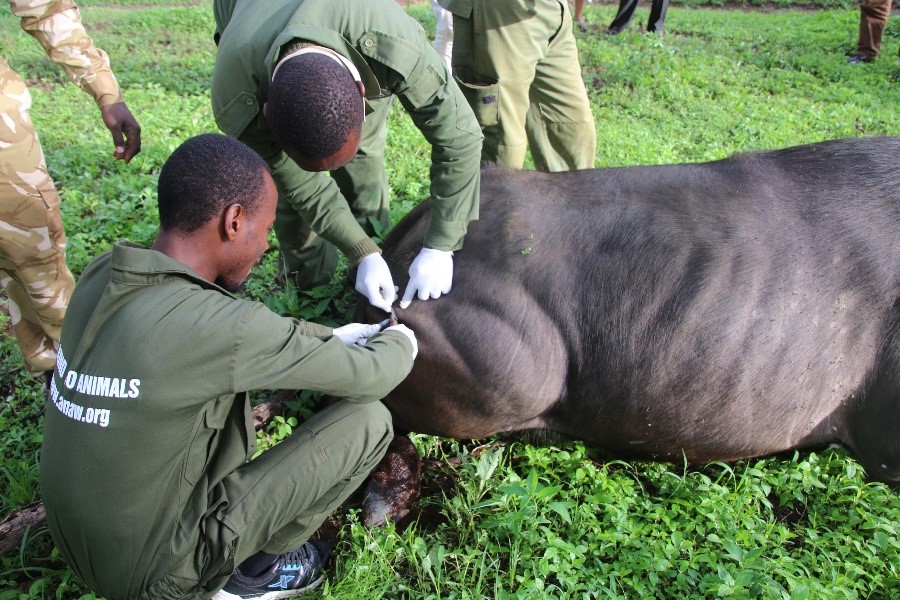
It is the purpose of ANAW to demonstrate a hands-on approach to upholding World Organization for Animal Health (OIE) standards on animal welfare. These are internationally accepted practices agreed upon by all member states to be the bare minimum for animal welfare in each country. As such ANAW works with various governments, communities and stake holders to support the enforcement of these regulations and observation of these standards in our program areas. The animal welfare needs within Kenya are enormous. However, ANAW- in full recognition of the situation and its limitations thereof- supports this course by focusing largely on companion animals, working animals and production animals.
Notably, ANAW’s work is anchored on the appreciation that animals have intrinsic value and are sentient beings able to respond to physiological changes in the environment.
Currently, specific projects being ran to achieve better care for animals include Animal Welfare Clinics and Anti-Bushmeat operations and Campaigns. As a hands-on organization, ANAW addresses the humane treatment of all animals by conducting animal health clinics such as the rabies vaccination clinics and spay/neuter clinics. This humane treatment initiative dates back to 2006 where ANAW has since been working with both local and international partners to promote better care of pets. Pets in low income communities have been neglected and harshly treated as a result of fear due to the sporadic dog bites and suspected rabies cases reported. ANAW has endeavoured to address this by conducting anti-rabies and spay/neuter clinics in these communities.
ANAW continues to innovate its strategy on a day-to-day basis based on the unfolding of the actual experiences on the ground. These learnings are expected to translate into recommendations that will further define future interventions into offering better care of all animals while continuing to incorporate research into its endeavors.
a. Animal Welfare Clinics
Anti rabies vaccination clinics provide regular vaccinations to pets and have thus contributed both to the health of the pets and to the public at large. In areas where ANAW has provided routine rabies vaccination of dogs, reported cases of rabies from both dogs and humans has reduced considerably; there almost being zero cases reported in certain regions. This is such as Nakuru, Nairobi, Kajiado and Taita-Taveta counties where vaccination campaigns have been undertaken successfully.
Spay/neuter initiatives ensure a 100% birth control measure compared to other prevailing interventions. These spay/neuter campaigns reduce dog and cat populations leading to decreased incidences of reported cases of bites in addition to other detrimental human-animal encounters. The spay/neuter clinics have led to a decrease in number of stray dogs and cats in communities where campaigns have been undertaken. Such areas include Nairobi and Naivasha counties owing to successful campaigns, among other factors.
The anti-rabies vaccinations and spay/neuter clinics, coupled with community sensitisation, work in synergy to decrease animal suffering, educate local populations on the benefits of rabies vaccination and pet sterilization; and to eventually eliminate all incidences of dog, cat and human rabies attacks within the areas where rabies is being addressed.
The national and county governments have been steadfast to partner with ANAW in its ongoing efforts of humane treatment of animals throughout the years in earmarked counties.
Our animal protection activities include:
b. Anti-Bushmeat Operations and Campaigns
Bush meat hunting in Kenya is the single most threatening, illegal activity to wildlife conservation and management in the country. Kenya Wildlife Service and other authorities have declared that the demand for bush meat to supply commercial consumption is insatiable.
ANAW raises awareness about the devastating effects of bush meat hunting in critical wildlife dispersal areas near and outside of wildlife protected areas including community conserved areas. We do this through rescuing animals trapped with wire snares and injured by the same in various known hotspots for bush meat hunting in Naivasha and Nakuru environs, Machakos and Taita Taveta areas. ANAW and local stakeholders rescue giraffes, zebras, eland, impala and hartebeests trapped by wire snares while also mopping up substantial volumes of live and dead wire traps in the surveyed regions.

